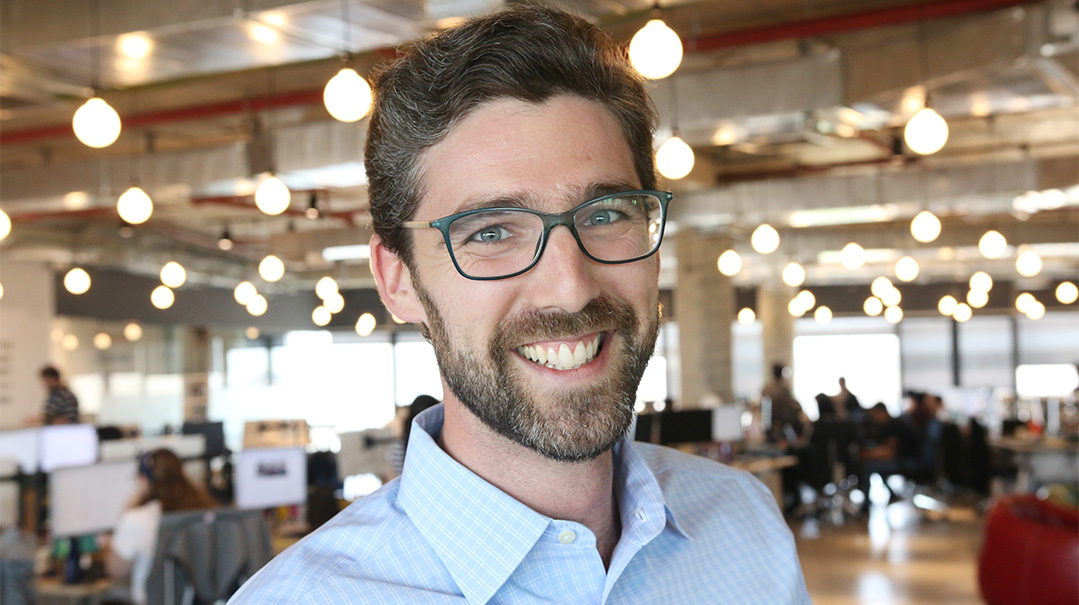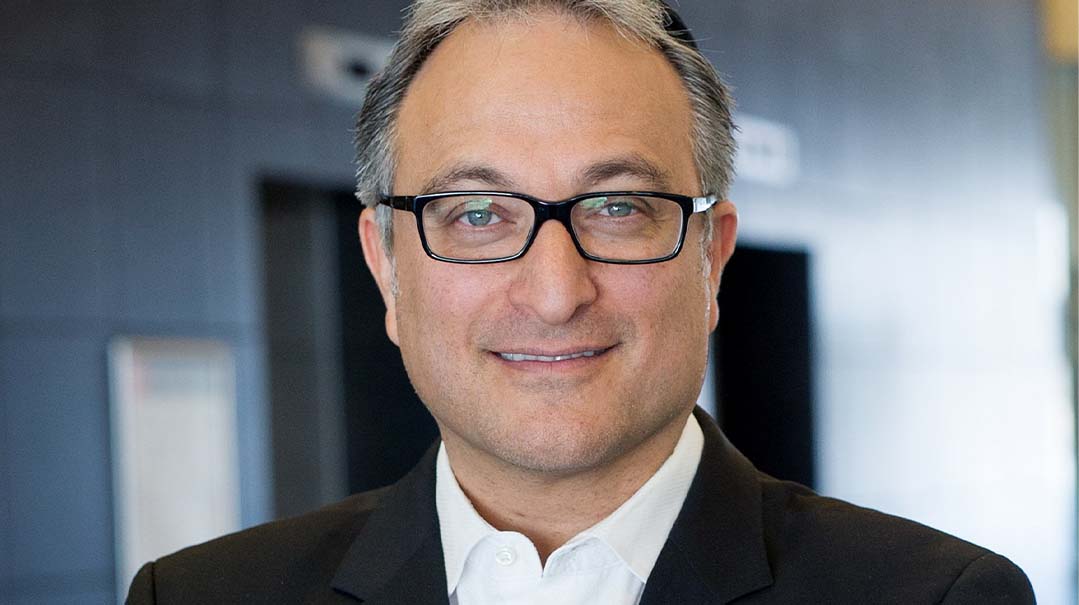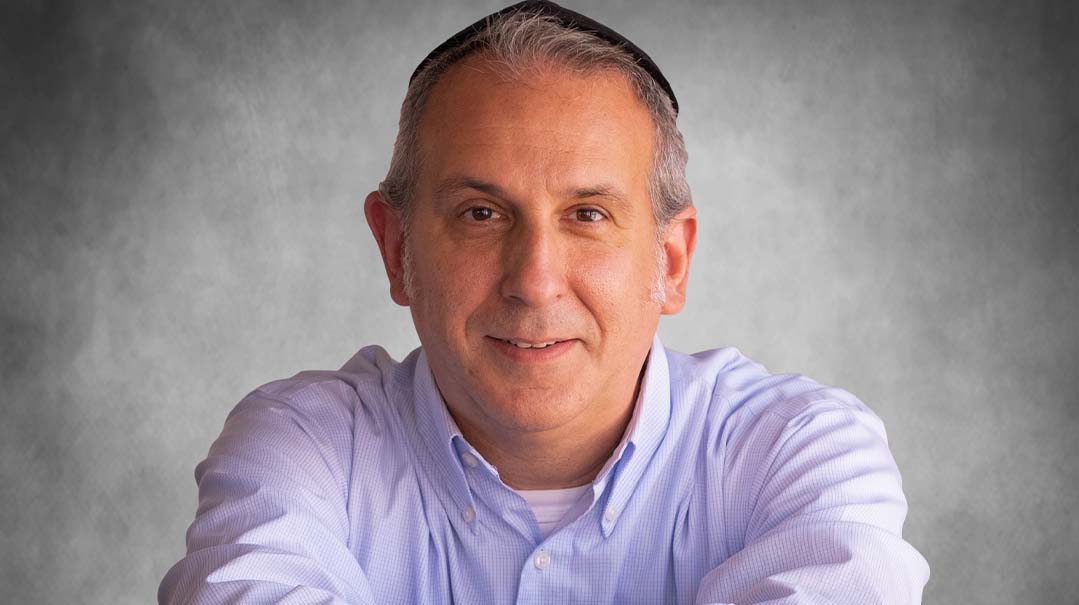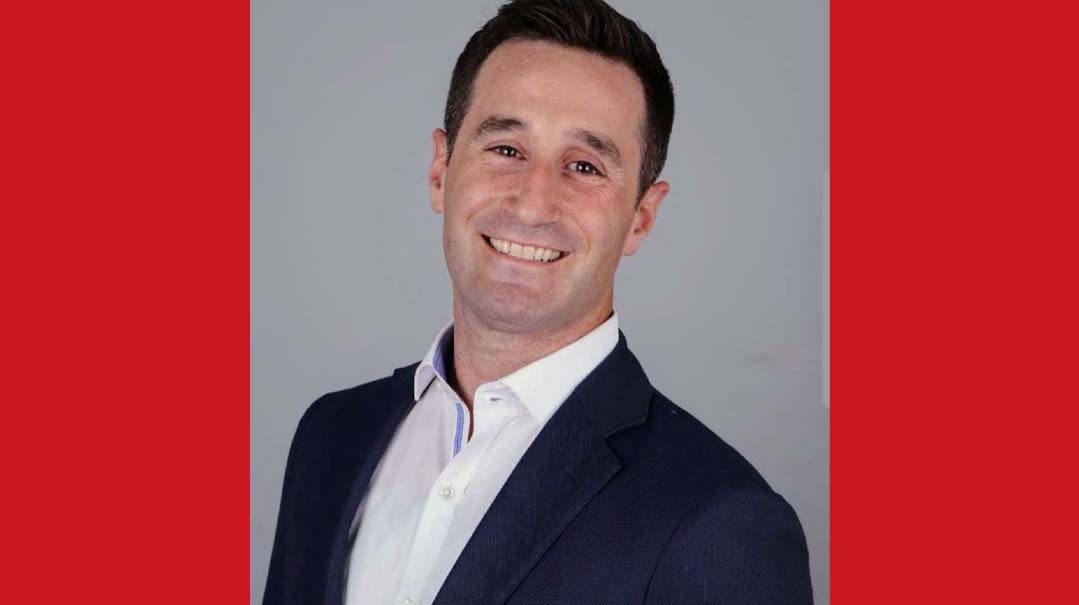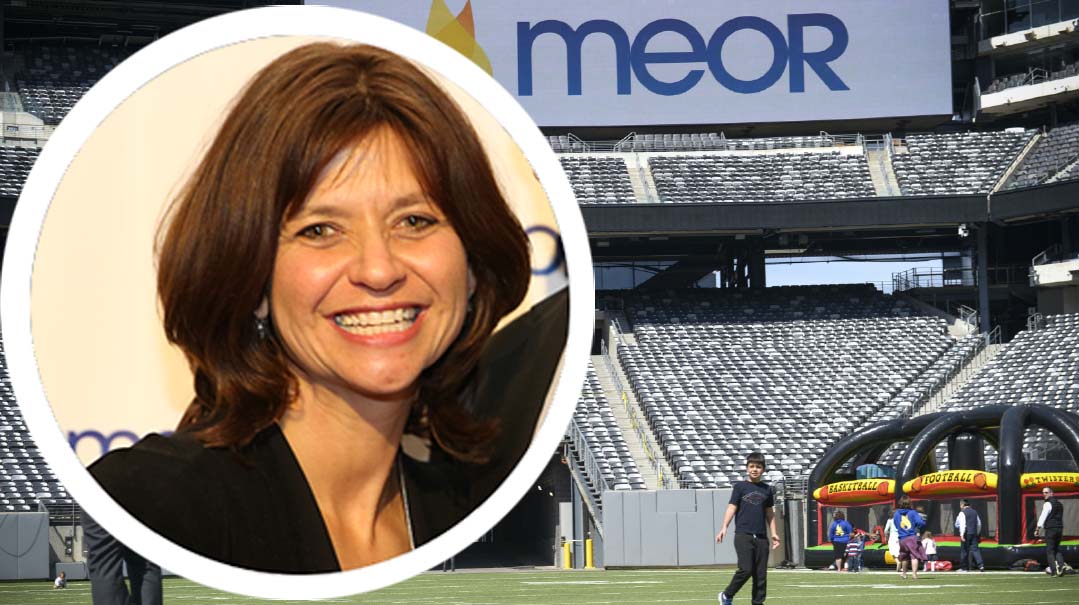Work/Life Solutions with Miri Yoskowitz

If we can work well as a team, we accomplish things we never thought possible

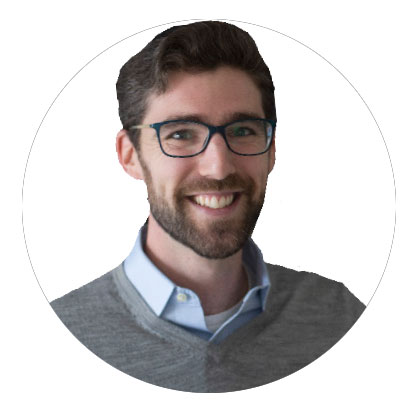
Who
Miri Yoskowitz, partner at KPMG.
What
Miri studied accounting at Bais Yaakov, became a CPA, and began her accounting career at a small office in Yerushalayim. About 15 years ago, she transitioned to KPMG, one of the global “big four” accounting firms, and in 2016, she was promoted to partnership. She now works as an audit partner in KPMG’s Yerushalayim office, servicing global businesses and nonprofits.
Where
Miri was born and raised in Israel. (Her mother is from the US and her father is from Israel.) She and her husband Yossi live in Telshe Stone with their five children.
Why
I’m always on the lookout for relevant candidates for this column. So, when my friend, Rabbi Benji Levy (CEO of Mosaic United), began raving about Miri — his organization’s highly professional, warm, honest, and Torah-centered accountant — I was eager to learn more. And as I did, I was more impressed. Her priority is clearly her family; her deepest respect is for her husband’s Torah learning; and her focus is on creating the greatest possible kiddush Hashem — by how she conducts herself in a professional setting. It’s an honor and privilege to share her words of wisdom with you.
1 of 9 What opportunities or personalities played a role in your career?
I’m a “people person,” and that’s served me well in my career. Early on, I felt confident enough to connect with those in senior positions, like managers and partners within my own firm, as well as those in higher positions at our client companies.
By nature, I’m very proactive and take upon myself broad responsibilities. I love what I do and am excited about it. The more proactive and enthusiastic you are about what you’re doing, I believe, the higher you will get. It was never my goal to become partner. My goal has been to ensure that I have a good parnassah so my husband can sit and learn Torah without financial burden. I sought to keep challenging myself, to do my best, and enjoy my work.
I try to see everyone I work with — whether an employee or a client — as an individual and to meet their needs in a respectful and caring way. For example, with my employees, I work hard to provide ongoing professional and managerial skills, tools, and mentoring; with my clients, I listen closely to their concerns and strive to provide top-quality service, with value-added solutions that meet their needs.
2 of 9 Which three character traits have played a key role in your career path?
Respect. My father is my role model for respecting others, regardless of who and how old they are. My parents’ neighbors have several children with special needs. One of the kids came to my father every week for spending money. It was so natural for him to turn to his “best friend” — my father who serves as a mashgiach in a big yeshivah in Yerushalayim.
And this boy wasn’t the only one. My father has endless patience for listening to and advising anyone going through a challenge: teenage boys, young couples, lonely neighbors, and the list goes on…. Every person who reaches out to my father is left with the feeling that he is the most important person in the world.
Honesty. Unfortunately we are surrounded by dishonesty; thus, following the most scrupulous path is not a given. As chareidi people working in the nonreligious world, I believe that conducting ourselves in an honest way makes a tremendous kiddush Hashem.
I started my career in a small firm. Once, I used the office delivery service for a personal item. Of course, I went to the partner’s office to pay him 25 NIS for the delivery. He was shocked that I thought I had to reimburse him for this “immaterial cost.” After this, he was constantly retelling this story at office get-togethers. It left such an impression on him.
Self-monitoring. I’m always mindful of getting too bogged down by work that I forget what’s really important in life. I try to remind myself every day about my role in Olam Hazeh, asking myself: Am I really fulfilling it in the best way?
5 of 9 What do you do to relax, recharge, or simply have fun? How do you make time for that, and how often?
Fun?! What’s that? I’m an accountant! My hobby is shopping in US outlet malls. Unfortunately, I never get to shop enough. And of course, I have nothing to wear!
7 of 9 If you were asked to deliver a TED Talk that would be watched by 50 million people, what topic would you choose to speak about? Why?
The power of being part of a team.
Our firm has various areas of expertise, including accounting, tax, management consulting, financial advisory, IT advisory, Cyber, D&A and so on. My job is to provide top-quality service to my clients. There’s no way one individual can be an expert in all these areas — but no client wants to work with multiple advisors. They want an individual who understands their needs and provides them with the most valuable solutions.
That’s the importance of working as a team. And that’s how we work. We have one point of contact who understands the client’s needs, gathers the relevant experts in our firm, and ensures the group is all synchronized and services are interfaced so the client receives top quality, valuable service in an enjoyable, neat package.
In practice, I’ve received very positive feedback from various clients how working with us was a very enjoyable experience, unlike other service providers who don’t have that same dynamic.
And just like it works that way in a business setting, it also applies to other areas of life. As a mother of five children, bli ayin hara, who works full-time, there is no way I would survive without the amazing family Hashem blessed me with. Starting with the ongoing moral and spiritual support from my husband who is always at my side helping me make the right decisions, defining bein ikar l’tafel — what is really important and what is secondary — and of course my wonderful children, my parents, in-laws, and siblings.
On a more macro level, it also applies to community… and ultimately, to the entire Jewish People. If we can work well as a team, each bringing our unique strengths to the table and creating a solid, unified voice (with mutual respect for the other), we’d be able accomplish things we never thought possible.
8 of 9 Can you share a time when you had to navigate the tension between your deepest values and the business world?
I am very fortunate that my husband is in kollel. It has ingrained in me the true value of immersing yourself in Torah. Many people I work with, however, don’t understand the value of learning Torah. So when others start discussions about my husband “not serving in the army” and “wasting his day doing nothing while I work so hard,” I get upset. It is simply unfathomable for us to appreciate the value of learning Torah, even for just one hour!
These discussions are a result of a deep lack of understanding of the meaning of learning Torah. With such ignorance, there is no way I can convey the sincere appreciation and gratitude I have for being married to a man who sits and learns all day, and how I see this as the reason for us being in This World. So I try not to get into these discussions in the first place. If they come up, I’ll just say, “I think we have such contrasting opinions and are so far apart, we’ll never convince each other, so let’s stop the discussion here.”
Another dilemma is e-mails. I try not to send e-mails close to Shabbos to Jewish people who might reply on Shabbos. Once, I corresponded with a non-Jewish colleague of mine in the New York office. It was the second day of Yom Tov (which I don’t observe), and she was so confused because there was another Jewish member of her team who was taking off that day as a holiday. I had to explain why I was allowed to be working while this other employee wasn’t.
9 of 9 If you were advising a young man/woman hoping to launch a career as an entrepreneur, which “do’s” and “don’ts” would you share?
I think our role is to make a kiddush Hashem by the way we act: respecting every individual and acting in an honest, principled way. Don’t try to change others; just be proud of who you are and what you represent and, im yirtzeh Hashem, that should bring others closer to derech ha’emes.
(Originally featured in Mishpacha, Issue 762)
Oops! We could not locate your form.







